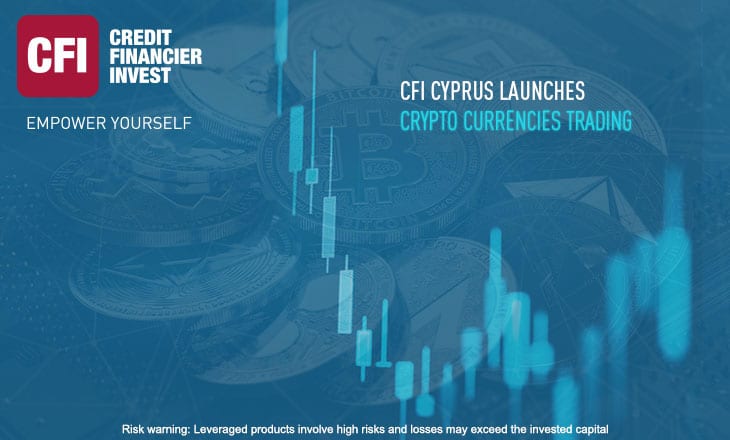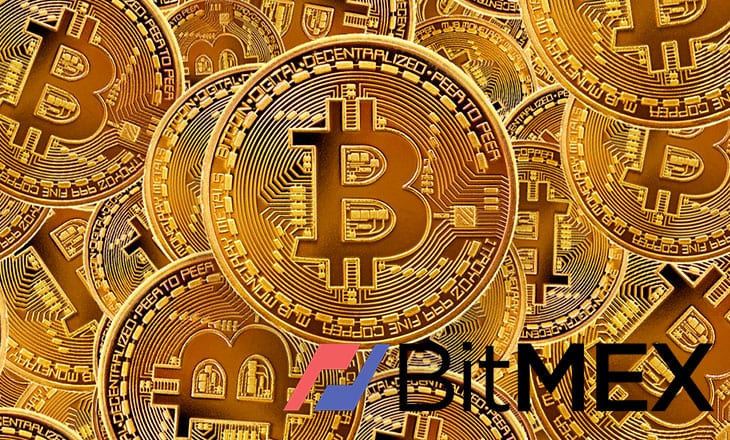The following article was written by Ipek Ozkardeskaya, Senior Market Analyst at FCA regulated broker London Capital Group Holdings plc (LON:LCG).

Ipek Ozkardeskaya, LCG
Bitcoin has become one of the most controversial financial instruments across the globe. Based on a shared public ledger named after a blockchain, the bitcoin has rapidly become known to the average retail trader and has been a rising star among speculators.
In practice, the bitcoin market is meant to be perfectly decentralized. In addition, all bitcoin transactions are included on a blockchain and the set of rules by which the memory of transactions move is determined by the miners themselves. If some miners would like to change the rules, they need to fork it.
Lately, a group of miners decided to apply different rules to validate a transaction. It gave birth to two different cryptocurrencies; Bitcoin Cash and Bitcoin Gold. Both immerged as a solution to a different problem. Bitcoin Cash was created in August 2017 and was designed to increase the bitcoin’s capacity crunch by larger blocks, allowing more transactions to be processed. Bitcoin Gold saw the daylight in October 2017 to re-decentralize the mining industry that has become too centralized due to efficiency reasons.
The original bitcoin was exchanged at $7’882 per unit on November 8, more than six times the price of an ounce of gold on the same day. Bitcoin erased more than $1’000 on news that a new upgrade to the blockchain known as SegWit2x has been dropped due to lacking support. The sell-off erased nearly a third of the bitcoin’s market value, but hinted that the progress in cryptocurrency technology will likely develop further.
The question is, how long could the original bitcoin defend its value provided that a democratic system would naturally cause more forks to immerge and disperse value.
Bitcoin is yet an asymmetric market
The asymmetric character of the bitcoin market can so far explain the exponential rise in its price. To be part of the market, one needs to buy bitcoins. Larger global participation to the bitcoin market inevitably pushes the bitcoin prices higher. Higher prices attract more investors intrigued by this market, which has grown so fast.
The truth is many of the participants do not understand the technology and the logic behind the bitcoin, and therefore their participation increases the price volatility. In turn, higher price volatility attracts more speculation. As such, the bitcoin has become one of the most popular speculation instruments among retail traders. Many of them would tell you that it is the future of the currency.
Could it be?
Could Bitcoin replace the currencies in the future?
In theory, the bitcoin could hardly replace a currency. The economic system that most countries have adopted has two main pillars: fiscal and monetary policies. As it stands today, the government of each country has a fiscal and a monetary policy and they both go hand in hand. As such, the central banks, though independent in theory, should adopt their policy to the government’s fiscal strategy. Central banks control the amount of currency they have in circulation, because they want to control the value of their respective currencies and be able to act via several instruments to influence the economic fundamentals, such as inflation, unemployment and growth. The government on the other hand has its say on every piece of transaction. All activity is subject to government taxation. The tax system is a way of influencing corporate and household revenues and supporting social security funds, public services and healthcare system. The fiscal and monetary policy balance each other and one cannot be effective without the cooperation of the other.
The bitcoin, which is a perfect outsider to the system, could hardly find its place in this government-centered configuration. Instead, it could interrupt the balance between the two. The legal risks are therefore unclear.
Bitcoin as a new asset class
Although the bitcoin may not become a currency backed by the government, it could no longer be dis-invented. Today, bitcoin stands as an asset classes by itself, whether traditional investors like it or not, millions see value in this new instrument.
Many brokers already offer CFD (contract for differential) to allow their clients to trade bitcoins on both directions.
In addition, CME Group, the world’s leading derivatives marketplace, announced to launch bitcoin futures before the end of 2017. Futures market will likely help reinforcing the sell-side, which had significantly less weight so far, and the development of a complete market could lead to a more efficient price assessment.
By improving the market liquidity, bitcoin futures and CFDs could help stabilizing the price volatility and attract institutional investors to step in.
Though it is too early to tell if bitcoin, or any non-government based cryptocurrency could develop into a sustainable storage of value, the invention of bitcoin would have marked the beginning of a new era in the financial history, the digital era.
The information and comments provided herein under no circumstances are to be considered an offer or solicitation to invest and nothing herein should be construed as investment advice. The information provided is believed to be accurate at the date the information is produced. Losses can exceed deposits.




